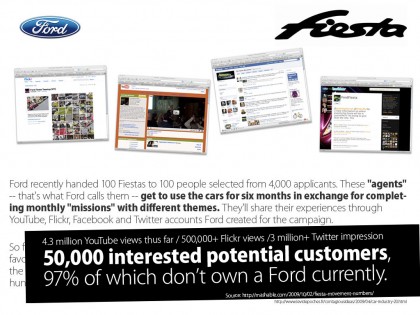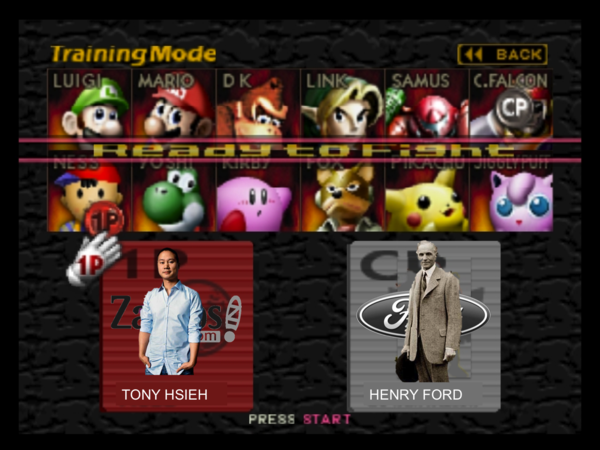In a special feature, Maurice Rahmey of BU PRSSA and I debate two ideologies for consumer marketing and branding.
(1) give the customers what they want (Tony Hsieh)
OR
(2) give them something they should want (Henry Ford)
I will take the Henry Ford viewpoint:
Henry Ford once said “If I had asked people what they wanted, they would have said faster horses.” Unlike Tony Hsieh, Henry Ford built his brand on innovative products and tools customers never knew they needed until they had them.
Innovation is extremely important when building a brand or company.
Consider automakers in recent history. The major US brands failed have failed in the markets in recent years.
Yet why did they fail?
Companies like General Motors stopped offering vehicles people desired in place of maximizing profits. Eventually consumers gave up and when money became tight, people just stopped “needing” US vehicles that lacked any element of pride or intrigue.
Recently though, some automakers have completely overhauled their stereotypical brands. Appropriately, it was Ford, nearly a century after its Model T, who took the lead with its new media campaigns and fuel economy improvements. Then brands like Audi and Hyundai followed with advanced technology, beautiful styling and unique marketing campaigns to instill customer needs they didn’t even know they had.

Ford Motor Company toed the edge of disaster by neglecting its original vision, though it found the solution by reflecting upon Henry Ford’s innovative way of thinking.
———
To read the Tony Hsieh rebuttal, head on over to http://wp.me/pw
———
So who’s right?
Brands have some very tough decisions to make when asserting themselves in the marketplace. Will they be “cool” and “revolutionary” in ways consumers never imagined? Or will they identify themselves as the solution to a need?
To me, brands need to incorporate both ideologies, in different situations.
In a crisis, a company needs to stand behind its services or goods if it has followed its vision. However, that means listening and engaging with consumers to explain what is being done to solve the problem.
During times of success, a brand needs to commit to continued thought leadership. At the same time, it needs to leverage the consumers who want to praise and encourage the brand.
Good PR, marketing and advertising understands the philosophy of the brands and translates that to public perception.
Consider this:
When you are buying a car, what makes a brand or model stand out?
Usually it’s two things:
1) If you were wowed by the features
2) If you experienced a degree of personal attention
Utilize the principles of each of these great entrepreneurs when cultivating a brand and distinguish yourself in the marketplace, regardless of the industry.
*Now you’ve read my take, please share your mantra*


